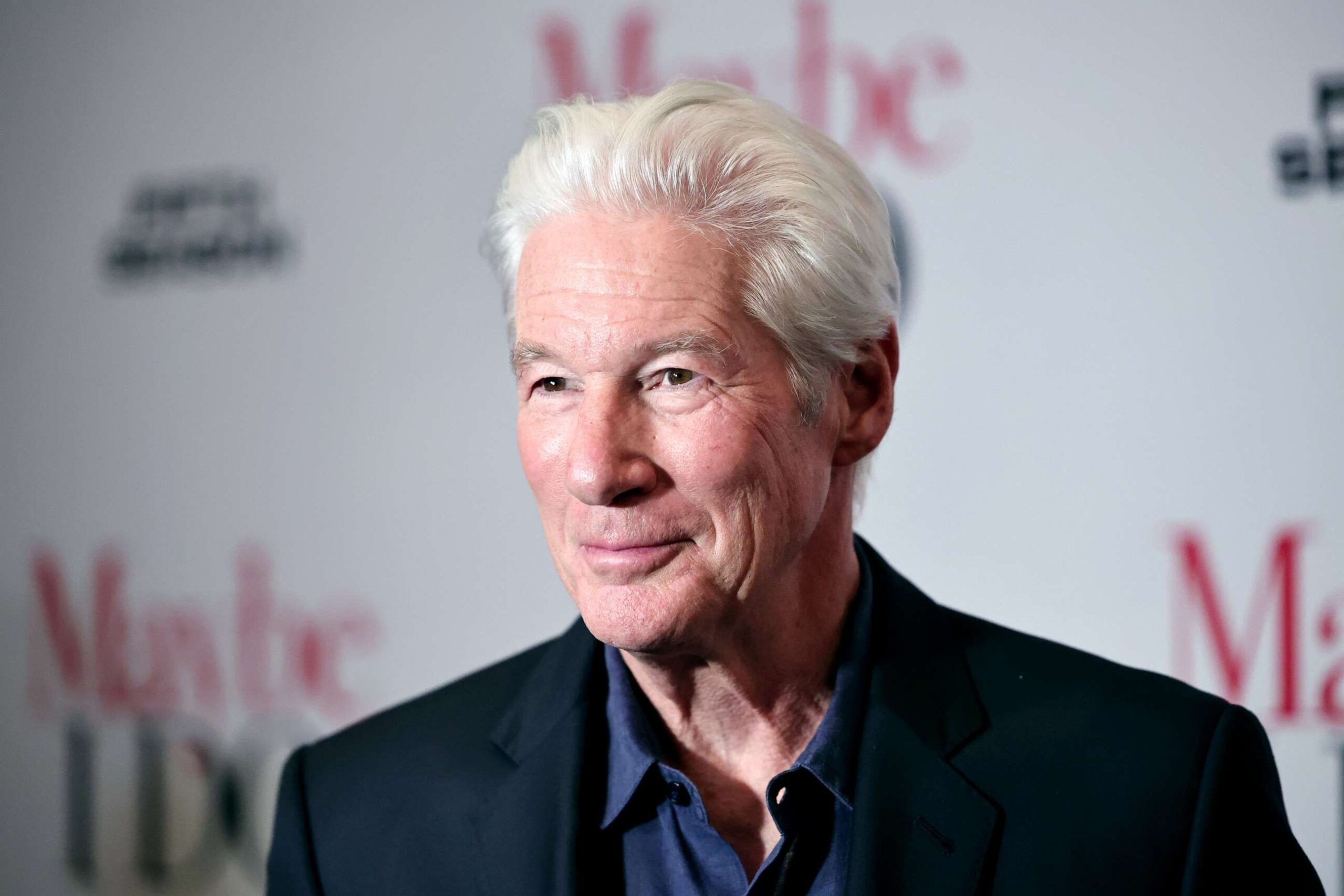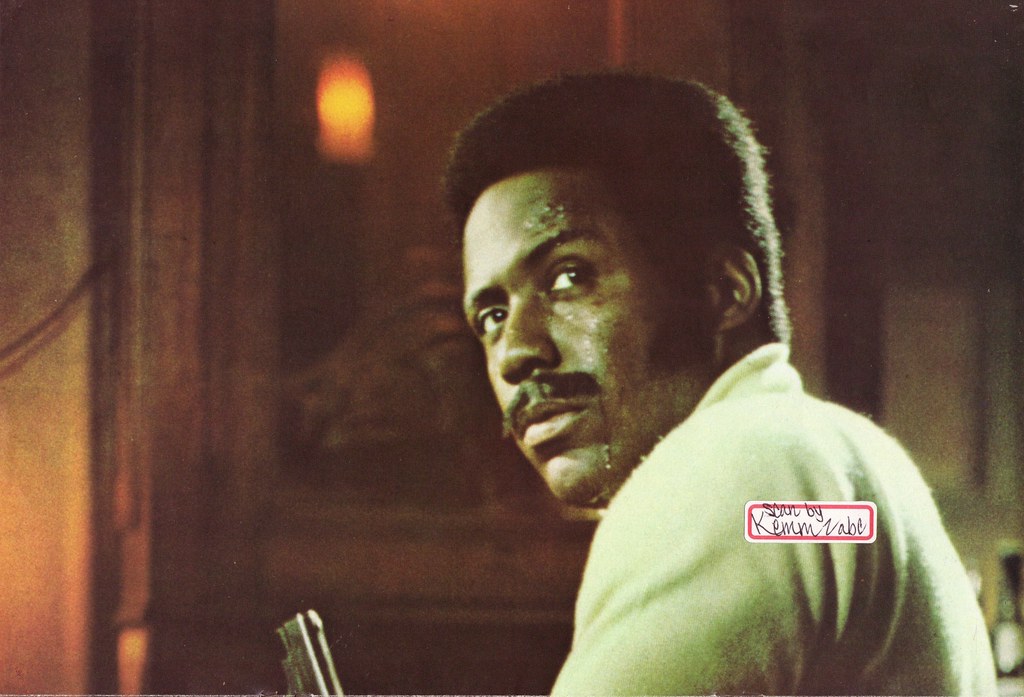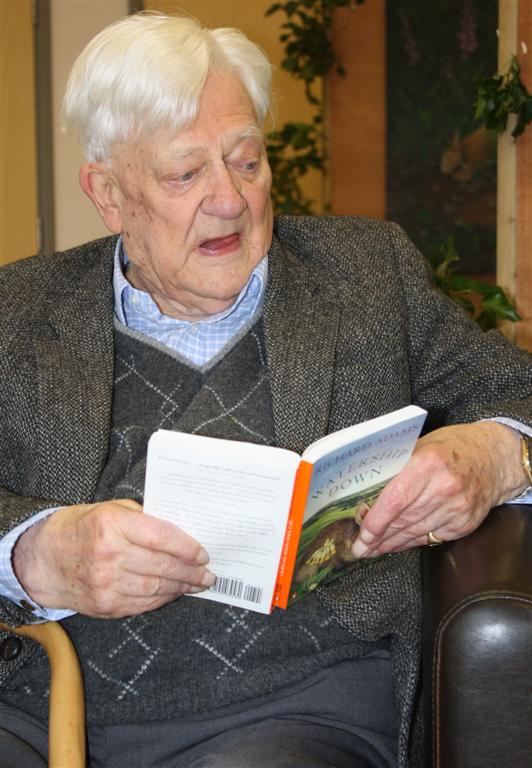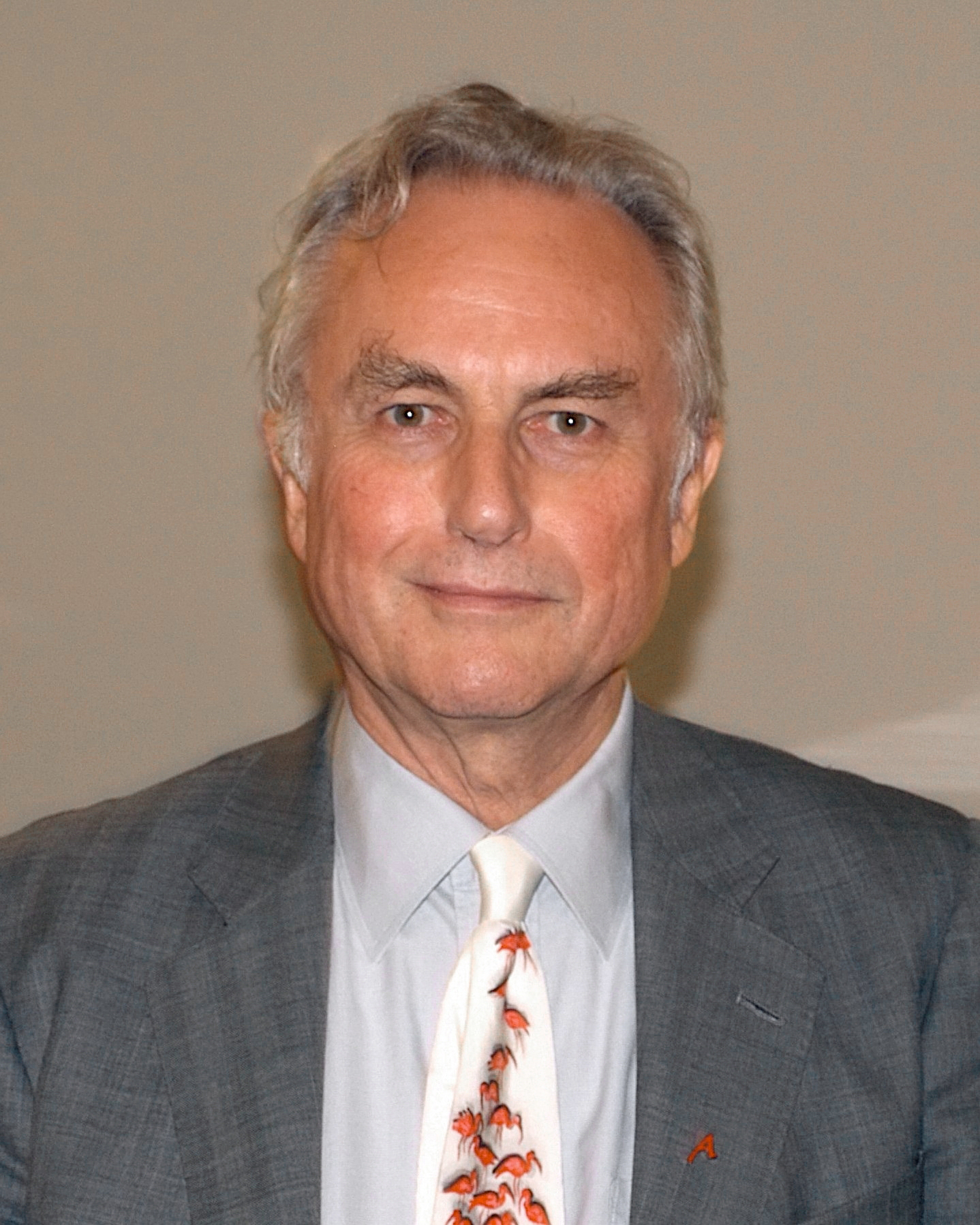
The name Richard, with its venerable roots in Old Frankish, translates compellingly to ‘strong in rule’, a meaning that has resonated through centuries of history. Originating from the Proto-Germanic words *rīk- for ‘ruler, leader, king’ and *hardu- for ‘strong, brave, hardy’, it is a masculine given name of profound historical weight. This linguistic foundation set the stage for countless individuals bearing this name to carve out legacies of influence and power, shaping societies and cultures across the globe.
Indeed, from the battlefields of medieval Europe to the highest offices of modern governance, and from the studios of artistic creation to the frontiers of scientific discovery, those named Richard have frequently stood at the forefront of human endeavor. The name, introduced into England by the Normans, rapidly became a common identifier across English, German, and French-speaking lands, and variations of it are found in numerous other European languages, further cementing its pervasive presence in the annals of history.
This article embarks on an in-depth exploration of several notable figures named Richard, each leaving an indelible mark within their respective domains. Through their stories, we gain a fascinating glimpse into the multifaceted impact that individuals sharing this distinguished name have had on the world, showcasing a remarkable breadth of achievement and influence that truly lives up to the name’s powerful etymological origins.

1. **Richard I of England:**Richard I of England, famously known as Richard the Lionheart, stands as a towering figure in the annals of English monarchy, reigning during the late 12th century, from 1157 to 1199. As a King of England during this tumultuous era, his very title carried immense weight, signifying not only sovereignty over a burgeoning realm but also a pivotal role in the complex political landscape of medieval Europe. His reign was characterized by the profound responsibilities inherent in governing a kingdom, managing dynastic rivalries, and engaging with the ecclesiastical powers of the time.
The epithet “the Lionheart” itself speaks volumes about the popular perception and enduring legend surrounding Richard I. While the context provides his name and dates, the inclusion of this iconic moniker immediately evokes images of immense courage, unyielding strength, and formidable leadership. Such an appellation in the medieval period was not lightly bestowed; it was a testament to a monarch’s perceived martial prowess and a symbol of his unwavering resolve in the face of adversity, qualities essential for maintaining stability and extending influence.
His existence between 1157 and 1199 places him firmly within a period of significant historical transition, marked by crusading fervor and evolving feudal structures. As a 12th-century monarch, Richard I was a central actor in the grand narratives of the age, wielding power that extended far beyond the immediate borders of England. His name has become synonymous with a particular brand of chivalric kingship, a powerful legacy that has influenced perceptions of royalty and heroism for generations.
The enduring fascination with Richard the Lionheart underscores the profound impact that leaders, especially those from an earlier age, can have on collective memory. His life, as encapsulated by his regal title and evocative nickname, represents a pivotal chapter in the shaping of national identities and the understanding of historical leadership. The strength implied by his name, “strong in rule,” seems perfectly mirrored in the reputation he cultivated and that continues to be associated with him.

2. **Richard Neville, 16th Earl of Warwick:**Another influential figure bearing this distinguished name was Richard Neville, the 16th Earl of Warwick, a prominent English magnate and a major protagonist in the Wars of the Roses, active between 1428 and 1471. His status as an Earl of Warwick placed him within the very highest echelons of the English aristocracy, a position that conferred immense wealth, land, and military power during a period defined by fierce competition for the Crown. Such an individual was not merely a landowner but a political force, capable of raising armies and swaying the fortunes of kings.
His description as a “wealthy English magnate and major protagonist in the Wars of the Roses” highlights his central role in one of England’s most turbulent and significant dynastic conflicts. The Wars of the Roses were a series of civil wars fought over control of the English throne, and individuals like Richard Neville, with their vast resources and extensive networks of alliances, were instrumental in determining the outcomes of battles and the fate of reigning monarchs. To be a “major protagonist” in such a struggle signifies a figure of extraordinary political and military agency.
Operating within the timeframe of 1428 to 1471, Richard Neville’s life spanned a period of profound instability and shifting loyalties, where the balance of power could change with startling rapidity. The influence wielded by such a powerful nobleman extended to every aspect of national life, from judicial administration to military strategy, making him a critical player in the fabric of 15th-century English society. His actions had direct and lasting consequences for the succession and stability of the English monarchy.
The very concept of a “magnate” in this historical context denotes an individual whose personal power rivaled that of the crown, and whose decisions could plunge the nation into conflict or bring about periods of peace. Richard Neville’s story exemplifies how individuals with significant resources and strategic acumen could profoundly affect the trajectory of national history, embodying the “strong in rule” meaning of his name through his dominion over both land and political events.

3. **Richard Baxter:**Richard Baxter (1615–1691) stands as a monumental figure in English religious history, renowned as an English Puritan church leader, poet, and hymn-writer. His lifetime, spanning the 17th century, was a period of intense religious and political upheaval in England, encompassing the English Civil War, the Interregnum, and the Restoration. To be identified as a “Puritan church leader” places him at the very heart of the spiritual and intellectual movements that profoundly shaped the nation’s identity and future.
As a Puritan leader, Baxter was not just a clergyman but a powerful voice in the theological debates and ecclesiastical reforms of his time. Puritanism, a movement seeking to purify the Church of England of its Roman Catholic practices, was a dominant force, influencing not only religious life but also social ethics, education, and political thought. His leadership would have involved preaching, teaching, and administering to congregations, guiding them through a period of profound spiritual searching and moral re-evaluation.
The description also highlights his contributions as a “poet and hymn-writer,” underscoring his influence beyond mere theological discourse. Through his literary works, Baxter reached a wider audience, imbuing spiritual messages with artistic expression that could move and inspire. Hymns, in particular, served as a crucial medium for communal worship and the dissemination of religious doctrine, making his creative output a significant part of the Puritan cultural landscape.
His extensive literary output, coupled with his pastoral duties, positioned him as one of the most prolific and influential nonconformist ministers of his age. Richard Baxter’s steadfast commitment to his religious convictions and his tireless efforts to articulate and propagate Puritan ideals left an enduring legacy on Protestant theology and English prose. His life demonstrates how individuals named Richard could exert formidable influence not through military might or political office, but through the profound power of faith, intellect, and the written word, truly being “strong in rule” within the spiritual domain.

4. **Richard Nixon:**Richard Nixon, whose life spanned from 1913 to 1994, holds a complex and indelible place in American history as an American politician, serving as President of the United States from 1969 to 1974 and as Vice President from 1953 to 1961. The highest offices in the land, the Presidency and Vice Presidency, represent the pinnacle of political power and influence in a democratic nation. To occupy these roles signifies a profound engagement with national and international policy, leadership of the executive branch, and the weighty responsibility of representing the nation on the global stage.
His tenure as President of the United States, from 1969 to 1974, placed him at the helm during a pivotal moment in the 20th century. A President is charged with guiding the country through domestic challenges and foreign policy complexities, making decisions that affect millions and shaping the course of history. The period of his presidency was marked by significant social change, ongoing international conflicts, and evolving geopolitical relationships, demanding leadership of considerable resolve and strategic vision.
Prior to his presidency, Nixon served as Vice President from 1953 to 1961, gaining extensive experience in the executive branch and in national governance. This role, while subordinate to the President, is critical for national leadership, involving collaboration on policy, representing the administration, and being prepared to assume the highest office. His comprehensive political career, from Congressman to Senator, and then to Vice President and President, illustrates a path of sustained dedication to public service and political ascent.
Richard Nixon’s legacy is intrinsically linked to the immense power and scrutiny that come with holding such paramount political positions. His leadership, defined by his roles as President and Vice President, underscores how figures named Richard have been central to shaping the political destiny of major world powers. The very definition of his name, “strong in rule,” finds a compelling echo in his long and impactful career at the highest levels of American government, where decisions of global consequence were made under his authority.

5. **Richard Branson:**Richard Branson, born in 1950, is widely recognized as a British businessman and the visionary founder of the Virgin Group of companies. To be the “founder of the Virgin Group” implies a remarkable journey of entrepreneurship, innovation, and global expansion that has touched numerous industries, from music and airlines to telecommunications and space tourism. This descriptor paints a picture of a dynamic individual who not only conceives bold ideas but possesses the drive and acumen to bring them to fruition on an international scale.
As a “British businessman,” Branson represents a particular breed of entrepreneur known for challenging established norms and diversifying extensively across market sectors. His career exemplifies the spirit of modern capitalism, characterized by strategic risk-taking, brand building, and an unwavering pursuit of new opportunities. The scale of the Virgin Group, a conglomerate spanning diverse industries, speaks to an exceptional capacity for identifying market gaps and building successful ventures from the ground up.
The continuous expansion and evolution of the Virgin Group since its inception have made Richard Branson a prominent figure in global commerce and popular culture. His approach to business is often characterized by a distinctive, often flamboyant, personal brand that is inextricably linked to the corporate identity he created. This innovative fusion of personal charisma with commercial enterprise has made him one of the most recognizable and influential business leaders of his generation.
Richard Branson’s trajectory illustrates how the name Richard can be associated with groundbreaking achievement in the realm of business. His ability to build and command an expansive corporate empire reflects the core meaning of “strong in rule” not through traditional governance, but through the establishment and leadership of a vast economic domain. His story serves as a testament to the transformative power of entrepreneurial vision and the ability to reshape entire industries through sheer innovation and determination.

6. **Richard Wagner:**Richard Wagner (1813–1883) stands as one of the most revolutionary figures in Western classical music, a German composer, writer, conductor, and theatre director. His multifaceted talents and ambitious artistic vision profoundly reshaped the landscape of opera and musical drama in the 19th century. To be acknowledged as a “German composer” during this golden age of European Romanticism places him among the giants who defined an era, pushing the boundaries of musical expression and narrative.
As a “composer,” Wagner was renowned for his innovative use of leitmotifs, his development of “Gesamtkunstwerk” (total work of art), and his grand, often lengthy, operatic works that explored themes of myth, heroism, and redemption. His contributions to harmony, orchestration, and dramatic structure were nothing short of groundbreaking, influencing generations of subsequent composers. His creative output was not merely entertainment but a profound philosophical and emotional experience, designed to immerse the audience entirely.
Beyond composition, his roles as a “writer, conductor, and theatre director” highlight his comprehensive artistic control and his desire to shape every aspect of his productions. This holistic approach to art-making was integral to his vision of operatic reform, where music, drama, poetry, and stagecraft were all synthesized into a unified aesthetic experience. Such an encompassing artistic ambition distinguished him significantly from his contemporaries and solidified his unique position in cultural history.
Richard Wagner’s legacy endures as a testament to the power of artistic genius and unwavering dedication to a singular vision. His monumental works continue to be performed and studied worldwide, and his theories on music drama remain central to discussions of operatic art. The influence he exerted across various artistic disciplines embodies the “strong in rule” meaning of his name, not in a political sense, but in his absolute command and transformative impact over the entire realm of musical and theatrical expression.

7. **Richard Starkey (Ringo Starr):**Richard Starkey, famously known by his stage name Ringo Starr, born in 1940, achieved global iconic status as the drummer of The Beatles. This single descriptor immediately places him at the heart of one of the most culturally significant phenomena of the 20th century, a band that revolutionized popular music and captured the imagination of millions worldwide. As the “drummer of The Beatles,” his role was integral to the sound, rhythm, and enduring appeal of the legendary group.
The position of a drummer in a band like The Beatles goes far beyond mere percussion; it is the heartbeat that drives the music, providing the foundational rhythm and contributing significantly to the group’s distinctive style. Ringo Starr’s unique drumming style, characterized by its steady, inventive, and often understated brilliance, became an indispensable element of The Beatles’ sound. His contributions helped define the sonic identity that made the band a global sensation and continues to influence musicians today.
His birth year of 1940 and his career with The Beatles position him squarely within the explosion of youth culture and musical innovation that swept across the world from the 1960s onwards. The cultural impact of The Beatles was unprecedented, breaking down social barriers and setting new trends in music, fashion, and lifestyle. As a member of this seminal group, Richard Starkey was not just a musician but a participant in, and shaper of, a global cultural revolution.
Richard Starkey’s journey from humble beginnings to international superstardom as Ringo Starr perfectly illustrates how individuals named Richard can rise to extraordinary prominence and leave an indelible mark on popular culture. His rhythmic command and musical partnership with The Beatles exemplify a different kind of “strong in rule”—a rule over the hearts and minds of a generation through the universal language of music, solidifying his place as a truly iconic figure.

8. **Richard Burton:**Richard Burton, a Welsh actor whose life spanned from 1925 to 1984, embodied a formidable presence in the mid-20th century, becoming synonymous with powerful, often brooding, theatrical and cinematic performances. His career was marked by a magnetic intensity that captivated audiences, solidifying his reputation as one of the most compelling actors of his generation. Emerging from a working-class background, Burton’s ascent to international stardom was propelled by undeniable talent and a deeply resonant voice that commanded attention on any stage or screen.
Critically acclaimed for his classical stage roles, particularly in Shakespearean productions, Burton possessed a gravitas that transcended the ordinary. He seamlessly transitioned to film, earning multiple Academy Award nominations for his work in diverse roles, including his iconic performance in the 1966 film *Who’s Afraid of Virginia Woolf?* alongside Elizabeth Taylor. This role, among others, showcased his capacity for raw emotional depth and complex character portrayal, cementing his place in the pantheon of cinematic greats.
Beyond his professional achievements, Richard Burton’s personal life, particularly his tumultuous marriages to Elizabeth Taylor, often garnered as much public attention as his on-screen endeavors. Yet, it was his artistic prowess and his enduring contributions to both theatre and film that left the most significant legacy. His name remains a benchmark for acting excellence, reflecting a profound dedication to his craft and an ability to inhabit characters with a remarkable degree of conviction.
Richard Burton’s career illustrated a different facet of the ‘strong in rule’ meaning; it was a rule over the narrative and emotional landscape of his audience, commanding their attention and shaping their perceptions through the sheer force of his artistic expression. His influence continues to resonate in acting circles, celebrated for a career that consistently pushed the boundaries of performance and storytelling.
Read more about: A Tribute to Talent: Remembering 13 Iconic Actors Whose Brilliant Careers Were Cut Short in Their 40s and 50s

9. **Richard Roundtree:**Richard Roundtree, an American actor born in 1942 and passing in 2023, etched an indelible mark on cinematic history with his groundbreaking portrayal of John Shaft in the 1971 film *Shaft*. This role was not merely a character; it was a cultural phenomenon that redefined Black masculinity and heroism in mainstream cinema. Roundtree’s suave demeanor, confident stride, and iconic leather trench coat made Shaft an instant icon, challenging previous stereotypes and paving the way for more complex Black characters in Hollywood.
The impact of *Shaft* extended far beyond entertainment, becoming a pivotal film in the blaxploitation genre and contributing significantly to the representation of African Americans in popular culture. Richard Roundtree’s performance imbued the character with a blend of sophistication and street-wise grit, making him a compelling figure for audiences of all backgrounds. The film’s commercial success proved the viability of Black-led narratives, influencing subsequent generations of filmmakers and actors.
While forever associated with Shaft, Richard Roundtree’s career demonstrated a versatile range, with roles in numerous films and television series over five decades. He reprised his iconic character in sequels and a television series, and continued to work in diverse projects, showcasing his enduring talent and adaptability. His contributions helped to broaden the scope of opportunities for Black actors in an industry that had historically offered limited roles.
Richard Roundtree’s passing in 2023 marked the end of an era for many, but his legacy as a trailblazer and a cultural touchstone remains profound. He exemplified how an individual, through a singular, powerful performance, could command attention and alter societal perceptions, proving to be ‘strong in rule’ not only within the fictional world of his character but also in the broader landscape of cultural influence and representation.

10. **Richard Adams:**Richard Adams, an English author who lived from 1920 to 2016, captivated readers worldwide with his imaginative and deeply resonant storytelling, most notably through his acclaimed novel *Watership Down*. Published in 1972, this work quickly rose to prominence, distinguishing Adams as a unique voice in literature. His ability to weave complex narratives around anthropomorphic animals explored profound themes that resonated with both adult and younger audiences, transcending traditional genre classifications.
*Watership Down* recounts the perilous journey of a group of rabbits seeking a new home, offering an allegorical exploration of leadership, survival, freedom, and community. Its unexpected critical and commercial success underscored Adams’s talent for crafting vivid worlds and compelling characters. The novel’s intricate social structures and detailed ecological settings provided a rich backdrop for its philosophical inquiries, earning it prestigious accolades such as the Carnegie Medal and the Guardian Children’s Fiction Prize.
Beyond his seminal work, Adams continued to write, producing other notable novels such as *Shardik* and *The Plague Dogs*, which further showcased his distinctive style and thematic preoccupations. His literary contributions were characterized by a deep respect for the natural world and a keen insight into the human condition, even when filtered through the experiences of animals. His works encouraged readers to consider questions of morality, governance, and the often-fraught relationship between humanity and nature.
Richard Adams’s enduring appeal lies in his ability to create stories that are both entertaining and intellectually stimulating, demonstrating how the power of a name like Richard can translate into a ‘strong in rule’ command over narrative and imaginative landscapes. His novels continue to inspire and provoke thought, solidifying his legacy as an author who profoundly influenced the literary world and challenged readers to look beyond the obvious.
Read more about: Amidst War, Health Rumors Swirl Around Russian Leadership and Shape Geopolitics

11. **Richard Francis Burton:**Richard Francis Burton (1821–1890) stands as one of the most extraordinary figures of the Victorian era, a British geographer, explorer, translator, writer, soldier, orientalist, cartographer, ethnologist, spy, linguist, poet, fencer, and diplomat. His life was an unparalleled odyssey of adventure and intellectual pursuit, driven by an insatiable curiosity and a remarkable aptitude for languages and cultures. Burton’s ability to seamlessly integrate into diverse societies, mastering dozens of languages and dialects, made him an unrivaled observer of the world.
His expeditions were legendary, often venturing into territories previously uncharted by Europeans. Among his most famous feats were his perilous journey to Mecca disguised as a Muslim in 1853, a feat that demonstrated both his daring and his deep understanding of Islamic customs, and his expedition with John Hanning Speke to find the source of the Nile River. These explorations were not merely geographic quests but profound cultural immersions, meticulously documented in his extensive writings.
Burton’s contributions as a translator were equally monumental. He introduced Western readers to previously inaccessible works, including the unexpurgated *Arabian Nights* (or *The Book of One Thousand and One Nights*) and the *Kama Sutra*. These translations, often controversial for their explicit content, offered invaluable insights into non-Western literatures and societal norms, challenging the prudish sensibilities of his time and broadening the intellectual horizons of his contemporaries.
His multifaceted career demonstrated an astonishing capacity for achievement across an array of disciplines, from military strategy to scholarly research. Richard Francis Burton truly embodied the ‘strong in rule’ ethos of his name, not through conventional authority but through his intellectual dominion over diverse fields of knowledge and his daring command over the challenges of exploration. His legacy is one of boundless ambition and an unyielding commitment to understanding the breadth of human experience and the farthest reaches of the globe.

12. **Richard Feynman:**Richard Feynman, an American Nobel Prize-winning physicist (1918–1988), was a figure of towering intellect and captivating charisma, whose contributions fundamentally reshaped the landscape of theoretical physics. His work, particularly in quantum electrodynamics (QED), earned him the Nobel Prize in Physics in 1965, shared with Julian Schwinger and Shin’ichirō Tomonaga. Feynman’s approach to physics was characterized by an intuitive understanding and a distinctive method of visual representation, now famously known as Feynman diagrams, which simplified complex particle interactions.
Beyond QED, Feynman’s involvement in the Manhattan Project during World War II underscored his practical contributions to critical scientific endeavors. His subsequent work on the theory of superfluidity in supercooled liquid helium further demonstrated his exceptional versatility and innovative thinking. He possessed a unique ability to distil complex physical phenomena into understandable principles, often through elegant and unconventional means, thereby inspiring generations of physicists.
Feynman was renowned not only for his groundbreaking research but also for his exceptional skill as an educator and public speaker. His lectures, notably “The Feynman Lectures on Physics,” remain seminal texts, celebrated for their clarity, insight, and engaging style. He believed in making science accessible and exciting, frequently captivating audiences with his playful curiosity and profound explanations of the universe’s workings, from the smallest particles to the grandest cosmic principles.
Richard Feynman’s influence extended beyond the laboratory and classroom. He became a cultural icon, celebrated for his unconventional personality, his aversions to dogma, and his unwavering commitment to scientific inquiry. His life exemplified the ‘strong in rule’ meaning through his intellectual command over the fundamental laws of nature and his transformative impact on how physics is taught and understood. His legacy endures as a testament to the power of curiosity, rigorous thinking, and a passionate pursuit of knowledge.

13. **Richard Dawkins:**Richard Dawkins, born in 1941, is a distinguished English ethologist, evolutionary biologist, and author, recognized for his profound contributions to the public understanding of science, particularly evolutionary theory. His foundational work, *The Selfish Gene*, published in 1976, revolutionized the way evolution was discussed by popularizing the gene-centric view, arguing that natural selection primarily acts on genes, not individual organisms or species. This perspective provided a powerful framework for understanding altruism and other complex behaviors.
*The Selfish Gene* became an international bestseller, making complex scientific ideas accessible to a broad audience and sparking widespread debate within both scientific and public spheres. Dawkins’s clear, persuasive prose and logical argumentation established him as a master of scientific communication. His ability to articulate nuanced evolutionary concepts helped to demystify biology and foster a deeper appreciation for the mechanisms of life.
Beyond his scientific explanations, Richard Dawkins has also become a prominent public intellectual and outspoken advocate for atheism and scientific rationality. Through works like *The God Delusion*, he has challenged religious dogma and promoted critical thinking, engaging in significant public discourse on science, religion, and philosophy. His fearless approach to intellectual debate has made him a controversial but undeniably influential figure in contemporary thought.
Richard Dawkins continues to shape discussions on evolution and secularism, demonstrating how the name Richard can be associated with a ‘strong in rule’ command over intellectual discourse and the dissemination of scientific understanding. His career highlights the power of clear articulation and steadfast advocacy in challenging established paradigms and promoting evidence-based reasoning in the public consciousness.

14. **Richard Attenborough:**Richard Attenborough (1923–2014) was a towering figure in British cinema, celebrated for a multifaceted career that spanned acting, directing, and producing. His presence enriched both the stage and screen for over six decades, distinguishing him as one of the most beloved and respected personalities in the entertainment industry. Attenborough’s journey from actor to Academy Award-winning director showcased a remarkable artistic versatility and a deep commitment to storytelling.
As an actor, Attenborough delivered memorable performances in a wide array of films, from *Brighton Rock* to *The Great Escape* and *Jurassic Park*. His ability to inhabit diverse characters, often with a warmth and integrity that resonated deeply with audiences, earned him widespread acclaim. He became a familiar and cherished face in British and international cinema, known for his distinctive voice and compassionate portrayal of human experience.
Attenborough’s transition into directing marked a new chapter of profound artistic achievement. His most celebrated work, the epic biographical film *Gandhi* (1982), garnered eight Academy Awards, including Best Director and Best Picture. This film exemplified his commitment to powerful, socially conscious narratives, meticulously bringing to life the story of one of history’s most influential figures with immense grace and conviction. Other directorial successes included *Cry Freedom* and *Chaplin*.
Throughout his life, Richard Attenborough was also a passionate advocate for various humanitarian causes and arts organizations, serving as the President of the British Academy of Film and Television Arts (BAFTA) and a UNICEF Goodwill Ambassador. His dedication to both his craft and to making a positive impact on the world truly embodied the ‘strong in rule’ meaning of his name, demonstrating a profound influence over artistic expression and social consciousness. His legacy as an actor, director, and humanitarian continues to inspire, leaving an indelible mark on global culture.
As we conclude this exploration of individuals named Richard, it becomes strikingly clear how profoundly this ancient name, meaning ‘strong in rule,’ has been manifested across human history. From kings who commanded armies and magnates who shaped political landscapes, to spiritual leaders who guided congregations, and innovators who built empires, the name has consistently been associated with figures of immense influence. Whether in the grand narratives of global politics, the intricate worlds of scientific discovery, the evocative realms of artistic expression, or the daring frontiers of exploration, those bearing the name Richard have left an indelible legacy. Their stories collectively paint a vibrant tapestry of human achievement, reminding us that while names are given, the strength and impact of one’s rule are ultimately forged through character, determination, and enduring contributions to the world.



